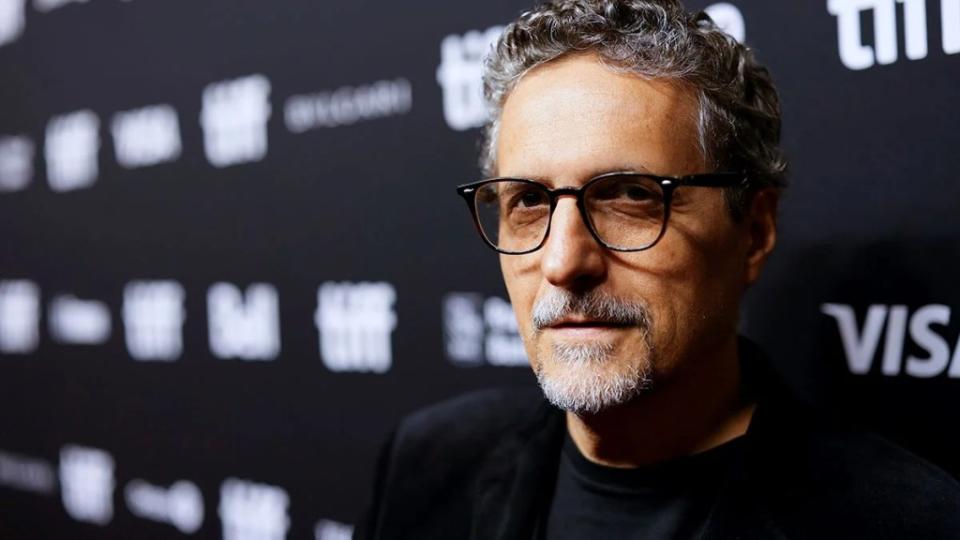‘Pictures of Ghosts’ Director Says His Brazilian Documentary Came Together in a ‘Natural and Progressive Way’
- Oops!Something went wrong.Please try again later.
Kleber Mendonça Filho’s “Pictures of Ghosts” — Brazil’s selection for the Best International Feature Film category as well as an eligible film for the Best Documentary Feature lineup — addresses the popular topic of cinephilia at a young age through a largely nonfiction approach.
The “Aquarius” and “Bacurau” director draws upon his family upbringing and intimate view of his beloved Recife, Brazil, to take us through a panoramic view of the city’s downtown cinematic landscape, utilizing years of captured footage on a handheld camera to show the slow recession of the brick-and-mortar moviehouse as a central congregation spot.
The filmmaker spoke to TheWrap about his love for the cinema, past and present, and why it’s worth preserving.
Why did you decide to make this a documentary vs. a narrative feature?
It was not planned, and it was not a byproduct of the pandemic, as some critics have suggested. I had been editing this film for a number of years. And it just happened that I finished the film and really liked [how it came together.] It’s just a film that became what it is in a very natural and progressive way. I wasn’t even thinking “documentary.”

We’re at a point now where we miss cinemas, which were palaces for gathering. One of the great things about the film is it depicts how cinemas create community.
It doesn’t matter if it’s in Brazil, Spain or Texas. It’s part of who I am. Each culture has its own battles. I always remember this cover of Newsweek in the ’80s. It’s a giant VCR with a line around the block. That was another moment of crisis for filmgoing. I really believe that you can discover a film anywhere these days, but I also love the idea that I can go to my favorite cinema with my favorite projection and sound system. I’m in New York City now, which has a very long history of movie palaces. I couldn’t believe when the Ziegfeld Theatre closed. I thought that you would always do something to save that cinema. It means something to me, and I think some of that feeling went into the film.
I love the tidbits revealed in the film about the performance of the films of the era, like the mention of Milos Forman’s 1979 “Hair” playing for six months at one cinema.
At the time, Brazil’s military dictatorship was beginning to lose steam and censorship was beginning to get a little bit more open. “Hair” comes along, and it’s a film about counterculture. And it just hit the right note. I remember when “The Empire Strikes Back” came out in Recife, and it only played for two weeks. It did nothing, this huge sci-fi Fox picture. It’s fascinating to see what culture and society can do to a film and vice versa.
There are signs that the moviegoing experience is coming back a bit in the United States. Is Brazil on a similar track?
Brazilian cinema is largely funded by public funds, which is something that I am a huge supporter of. The system has been very careful over the last 15 years to be incredibly diverse. And we had a terrible stretch which lasted seven years with the Temer and Bolsonaro governments. They brought people in who actually hate culture, but they could not destroy it, because it’s part of the constitution. But now, things are basically going back to normal with a true sense of democracy. It’s an interesting moment.
This story first appeared in the International issue of TheWrap’s awards magazine. Read more from the International issue here.

The post ‘Pictures of Ghosts’ Director Says His Brazilian Documentary Came Together in a ‘Natural and Progressive Way’ appeared first on TheWrap.

